When it comes to the liability associated with business debts, sole traders and limited companies operate under different frameworks. Sole traders bear unlimited liability for any debts incurred by their businesses. On the other hand, shareholders of a limited company are only liable for the company’s debts up to the amount of their share capital. This distinction in liability is one of the key advantages of operating a business as a limited company instead of as a sole trader or partnership.
A limited company is recognised as a distinct legal entity separate from its shareholders and directors. This legal separation is commonly referred to as the “veil of incorporation.” Under this concept, the personal assets of shareholders and directors are protected and cannot be utilised to settle the debts of the company. It’s important to note that the money and assets owned by the company are considered company property and do not belong to the shareholders on a personal level.
Conversely, when an individual operates as a sole trader, there is no legal differentiation between their business activities and personal affairs. As a result, the individual is personally liable for any debts incurred by the business. This means that their personal assets can be used to satisfy the business debts, putting their personal financial security at risk.
In summary, the liability framework for sole traders and limited companies differs significantly. Limited companies benefit from the principle of limited liability, which safeguards the personal assets of shareholders and directors. In contrast, sole traders bear full personal liability for the debts of their business, making them personally responsible for any financial obligations that arise.
The Veil of Incorporation: A Shield of Protection
The veil of incorporation is a fundamental tenet of corporate law that draws a line between the legal entity of a corporation and the individuals who own it. In the UK, this principle is enshrined in the Companies Act 2006, granting shareholders limited liability. Limited liability ensures that shareholders are only liable for the company’s debts and obligations to the extent of their investment, safeguarding their personal assets from being seized to settle the company’s liabilities.
The significance of the veil of incorporation lies in its ability to foster entrepreneurship and encourage risk-taking. By limiting personal liability, it empowers individuals to invest in business ventures with reduced fear of financial ruin. Additionally, the veil of incorporation simplifies business transactions by providing a recognised legal entity capable of entering into contracts, acquiring assets, and engaging in legal proceedings independently of its shareholders.
The Limits of the Veil: Piercing the Corporate Veil
While the veil of incorporation offers numerous advantages, it is not an impregnable shield. Under certain circumstances, courts may “pierce the corporate veil,” disregarding the separate legal entity and holding shareholders personally liable for the actions of the company. However, it is crucial to note that piercing the corporate veil is an exceptional and narrowly interpreted doctrine in the UK, requiring substantial evidence of abuse or fraudulent conduct.
To pierce the veil, courts typically consider the following factors:
Fraudulent or dishonest conduct: If shareholders have utilised the company as a vehicle for fraudulent activities or other illegal conduct, the courts may set aside the veil and hold them accountable.
Improper use or evasion of legal obligations: If a company has been deliberately structured to evade legal obligations or responsibilities towards creditors, the courts may disregard the veil to ensure justice is served.
Agency or group structure: In situations where a company is merely an “agent” or an “alter ego” of its shareholders, lacking a separate identity, the courts may set aside the veil to prevent the abuse of limited liability.
Public interest: In certain cases involving public policy concerns, such as taxation, health, or safety, the courts may disregard the veil to protect the interests of the public.
Implications for Businesses and Stakeholders
The veil of incorporation carries significant implications for businesses and stakeholders in the UK. It nurtures an environment conducive to investment and entrepreneurial endeavors, attracting individuals to embark on innovative ventures. For shareholders, limited liability provides a shield for personal assets, making investments in riskier enterprises more appealing. Furthermore, the veil streamlines business operations by allowing companies to engage in contracts, own property, and enjoy legal rights and obligations independently.
However, it is vital for businesses and shareholders to grasp the limitations of the veil of incorporation. Engaging in fraudulent or dishonest conduct, attempting to evade legal obligations, or misusing the corporate structure can lead to personal liability and piercing of the veil. Hence, companies must prioritise ethical and responsible business practices to maintain the advantages offered by the veil of incorporation.
Conclusion
The veil of incorporation in the UK serves as a crucial element of corporate law, providing limited liability to shareholders and fostering an entrepreneurial spirit. Its significance lies in protecting personal assets, facilitating business transactions, and encouraging investment. Nevertheless, it is important for businesses and stakeholders to comprehend the limitations of the veil of incorporation and ensure ethical conduct to retain the benefits it offers. By understanding and respecting the principles surrounding the veil of incorporation, businesses can navigate the corporate landscape with confidence and integrity.
